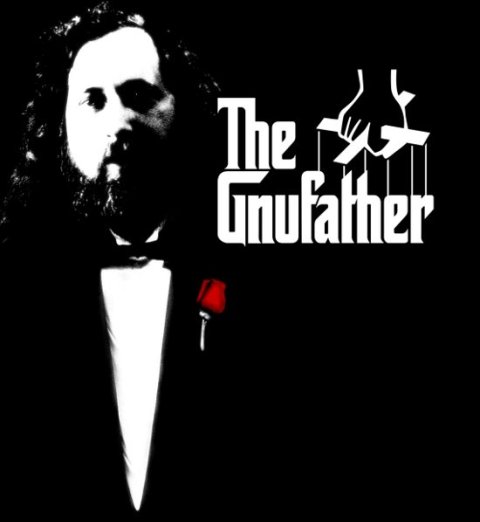Microsoft-fed Patent Aggressors and Lobbyists Make Free Illegal
- Dr. Roy Schestowitz
- 2013-01-09 13:15:19 UTC
- Modified: 2013-01-09 13:15:19 UTC
Freedom is not a crime

Summary: How patent parasites and parasitical legislation make free platforms and services a violation of patent law, even in places where software patents are not legal
The Microsoft- and Nokia-armed Vringo (like MOSAID) is still attacking Google with software patents. Daniel Ravicher, Executive Director of the Public Patent Foundation, says: "I've written previously about the Vringo (VRNG) v Google (GOOG) patent infringement case, where the jury awarded Vringo's I/P Engine affiliate a mere $31M, which was a small fraction of the $493M it asked the jury to award. The litigation appears highly material to Vringo's valuation, currently around $250M, as some suggest it could provide future royalties for Vringo from Google of hundreds of millions of dollars."
What companies with Microsoft ties are doing is, they try to elevate the cost of free products from Google, in the form of flat-rate tax, technically akin to FRAND. Speaking of which, FRAND is a backdoor route for
software patents in Europe, putting aside other back doors that
crooked politicians promote. Microsoft lobbying, usually through proxies like BSA and ACT, is
succeeding at bringing FRAND to Europe. The President of the OSI writes:
The final report from a European Commission meeting designed to whitewash patents in standards may prove a helpful marker for watchful eyes looking out for abuse.
The writer, Phipps, is a Brit, just like Glyn Moody who pointed to this. It sure looks concerning that Europe is getting two backdoors for software patenting in such a short period of time.
⬆
"There’s no company called Linux, there’s barely a Linux road map. Yet Linux sort of springs organically from the earth. And it had, you know, the characteristics of communism that people love so very, very much about it. That is, it’s free."
--Steve Ballmer


Comments
mcinsand
2013-01-09 21:44:10
I'm pretty sure that most Linux desktop and/or laptop users still pay the Windows tax with their hardware purchases, so MS isn't losing out on license sales there. I bought my computer with no OS, but it's not like I saved money that way; I just refused to pay for the Windows license.
That we can get Linux for free is great, and I have no doubt that the ability to try it with no cash investment increases the number of users giving it a try. That's what I did. In a pique of frustration after a failure, I downloaded a copy of Fedora. I honestly expected to go back to the Windows that I was used to, but found that ease-of-use, performance, stability, and configurability left Windows in the dust. So, I didn't go back. It was nice that I could have the lobster for free when I had been paying for Big Mac's, but I would have paid two or three times the cost of a Windows license to stay with Linux.